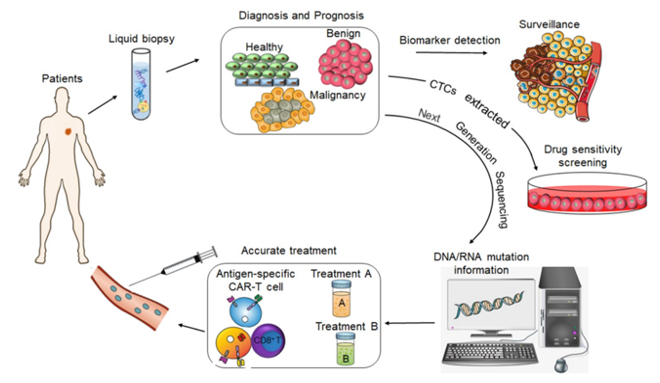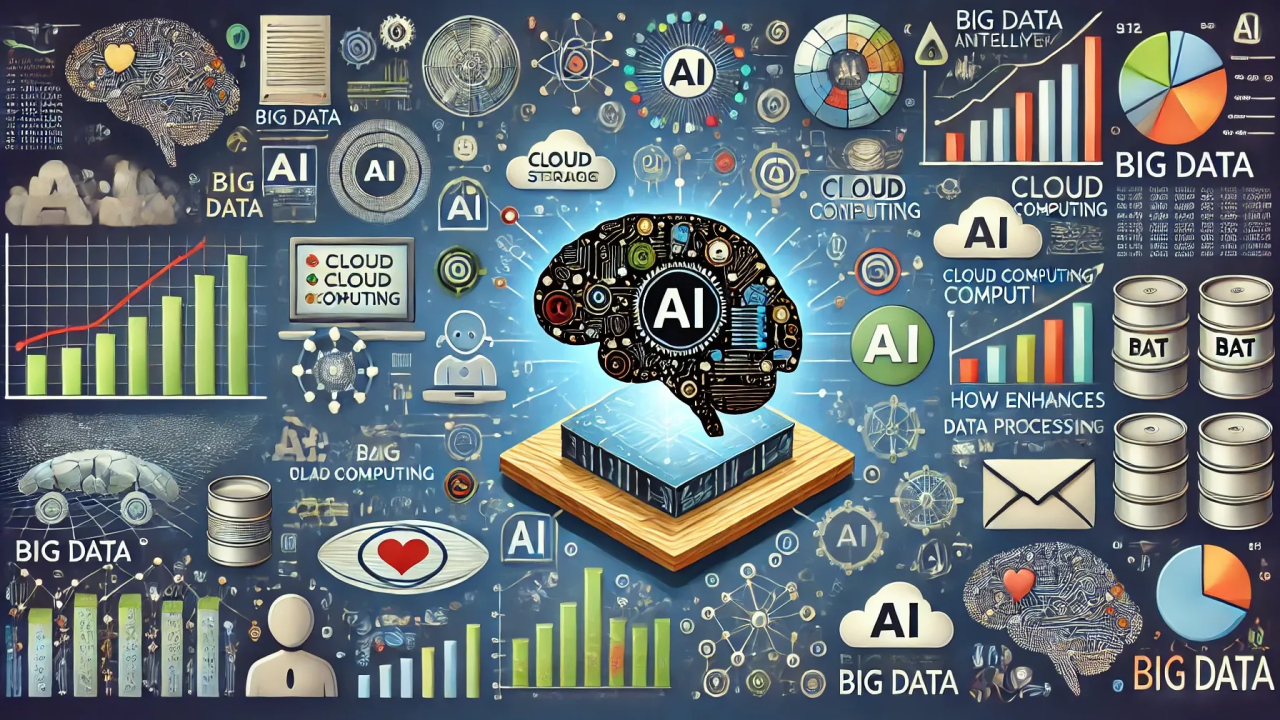Table of Contents
1. Understanding Cancer in the Modern Age
2. Traditional Treatments and Their Limitations
3. Breakthrough Therapies Changing the Game
4. The Rise of Personalized Medicine in Cancer Care
5. The Role of Artificial Intelligence and Big Data
6. Global Clinical Trials and New Drug Development
### 1. Understanding Cancer in the Modern Age
Cancer remains one of the most formidable health challenges globally, affecting millions of lives every year. Despite decades of research, it is not a single disease but a complex group of disorders characterized by abnormal cell growth that can invade or spread to other parts of the body. There are over 100 different types of cancer, each with its own causes, biology, and progression. Understanding the cellular and genetic underpinnings of cancer has enabled modern medicine to go far beyond simple tumor removal or generalized chemotherapy.
Today, researchers focus on identifying biomarkers—specific molecules that indicate the presence of cancer or predict its behavior. These advancements have transformed cancer from a one-size-fits-all disease into one where individualized understanding matters. Early detection is also evolving with better imaging tools, liquid biopsies, and molecular testing, which allow doctors to diagnose cancer at more treatable stages.

### 2. Traditional Treatments and Their Limitations
For decades, the mainstays of cancer treatment included surgery, chemotherapy, and radiation. While these treatments have saved countless lives, they also come with significant drawbacks. Chemotherapy, for example, targets rapidly dividing cells, but it cannot distinguish between cancerous and healthy cells—leading to severe side effects such as hair loss, immune suppression, and gastrointestinal distress. Radiation, though effective in killing cancer cells, can damage nearby healthy tissues. Surgical options have improved with the advent of minimally invasive techniques and robotic surgery, but not all cancers are operable, particularly those detected late or that have metastasized. More importantly, recurrence remains a significant concern even after aggressive treatments. This has sparked a major shift toward finding treatments that are both more effective and less harmful—enter targeted therapy, immunotherapy, and precision medicine.

### 3. Breakthrough Therapies Changing the Game
Over the last decade, revolutionary therapies have emerged that are transforming cancer treatment outcomes. One of the most impactful developments is **immunotherapy**, which empowers the body's own immune system to recognize and destroy cancer cells. Immune checkpoint inhibitors like pembrolizumab and nivolumab have shown remarkable success in treating melanoma, lung, and bladder cancers by unleashing T-cells that were previously “turned off” by cancer.
Another game-changer is **CAR-T cell therapy** (Chimeric Antigen Receptor T-cell therapy), where a patient’s T-cells are genetically modified to attack specific cancer cells. While still expensive and complex, CAR-T has shown near-miraculous results in blood cancers such as leukemia and lymphoma.
Meanwhile, **targeted therapies** aim to interfere with cancer cell growth and survival mechanisms by blocking specific molecules involved in tumor development. Drugs like trastuzumab for HER2-positive breast cancer and osimertinib for EGFR-mutant lung cancer represent the power of molecular targeting.

### 4. The Rise of Personalized Medicine in Cancer Care
One of the most significant trends reshaping cancer treatment is the movement toward **personalized medicine**, also known as precision oncology. Instead of using standardized treatments, doctors now analyze an individual's genetic makeup, tumor profile, and environmental factors to develop a custom treatment plan.
This approach is made possible by genomic sequencing, which allows scientists to decode the DNA of tumors and find mutations driving their growth. Based on these mutations, oncologists can prescribe drugs that are most likely to work for that specific patient. This reduces trial-and-error treatment, improves survival rates, and minimizes unnecessary side effects.
Personalized medicine also incorporates pharmacogenomics—studying how different people respond to drugs based on their genes. As research progresses, more personalized vaccines and drug combinations are expected to emerge, paving the way for treatments that are as unique as the patient receiving them.

### 5. The Role of Artificial Intelligence and Big Data
Artificial intelligence (AI) and big data analytics are revolutionizing how we detect, diagnose, and treat cancer. With access to massive databases of patient records, imaging, genomic data, and clinical outcomes, AI tools can identify patterns and predict responses to treatment far faster than humans.
AI-powered diagnostics are helping pathologists analyze biopsy samples with greater accuracy, reducing human error. Machine learning algorithms are also being used to match patients to clinical trials more efficiently, a crucial step in accessing experimental therapies.
Additionally, AI is optimizing radiology by enhancing image quality and identifying tumors that may go unnoticed by the naked eye. In drug discovery, AI models simulate thousands of molecular combinations to identify potential anti-cancer compounds, accelerating the pace of innovation.
### 6. Global Clinical Trials and New Drug Development
Clinical trials are essential for advancing cancer care. Around the world, thousands of new drugs and treatment protocols are being tested, with many showing promising results. Trials now often focus on **combination therapies**, which use multiple drugs or treatment types to attack cancer from different angles.
For example, pairing immunotherapy with chemotherapy or radiation can improve outcomes in some patients. Likewise, combining two targeted drugs can prevent resistance and relapse. The rise of **adaptive trial designs** enables researchers to modify ongoing studies based on interim results, thereby accelerating the evaluation process.
Global collaboration between pharmaceutical companies, academic institutions, and governments is also at an all-time high, especially since the COVID-19 pandemic demonstrated how quickly science can progress when unified. The cancer research community is building on this momentum to bring safer, faster, and more effective treatments to market.




You must be logged in to post a comment.